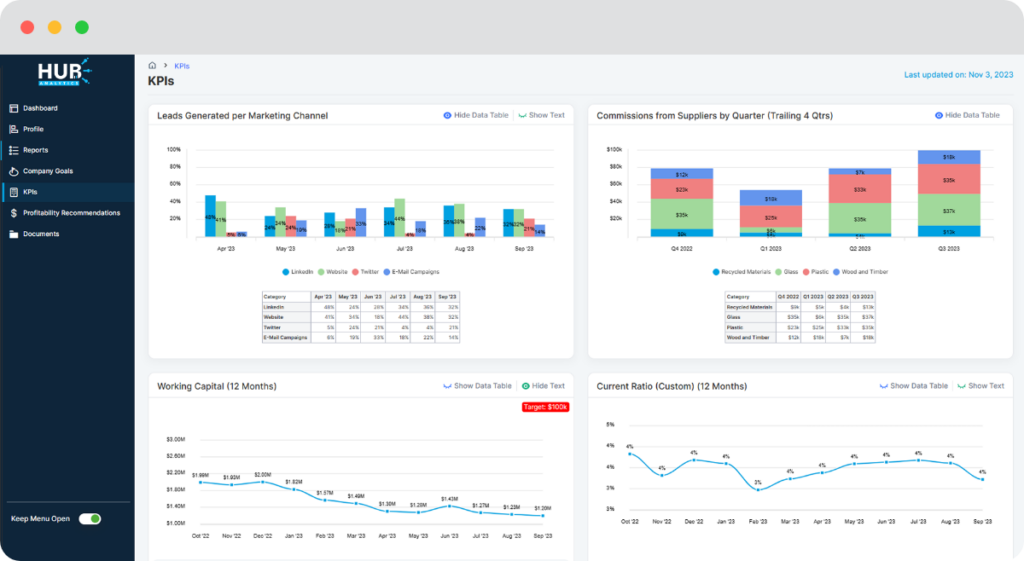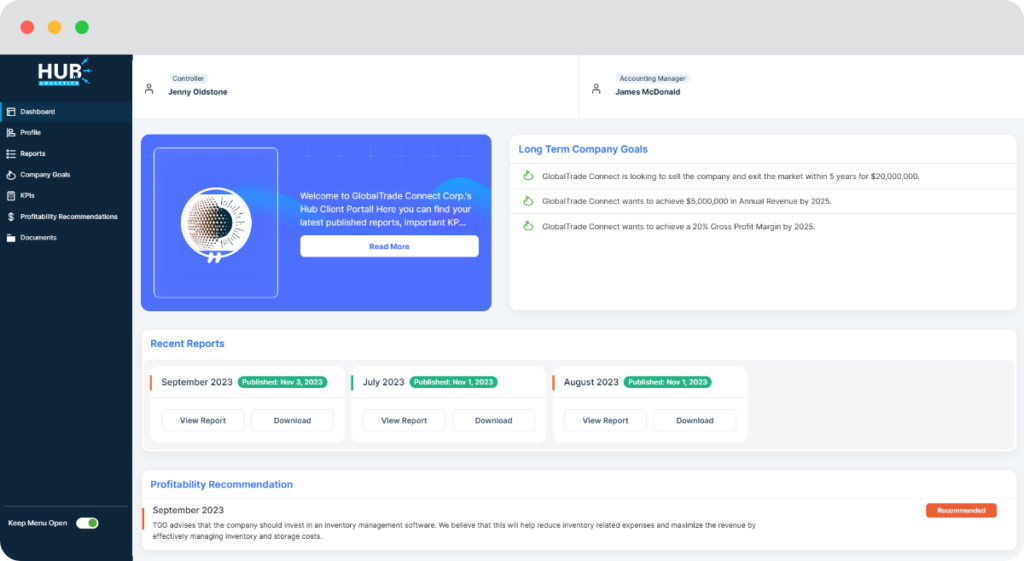In this blog post, we will explore the world of metrics and key performance indicators (KPIs) tailored specifically for construction companies. Understanding and utilizing these metrics can be a game-changer for businesses seeking to optimize operations, improve project management, and achieve long-term success.
Metrics and Key Performance Indicators (KPIs) are crucial tools for assessing and measuring various aspects of a business. Metrics provide quantifiable data, while KPIs help in evaluating performance against specific objectives. For construction professionals, these tools are invaluable for monitoring progress, identifying areas for improvement, and making informed decisions.
Construction metrics are performance indicators specifically designed to assess the efficiency and effectiveness of construction operations. They cover a wide range of aspects, from project timelines to financial performance, safety, and overall project success. By tracking these metrics, construction companies can gain insights into their strengths and weaknesses, enabling them to make data-driven improvements.
Measure the actual project duration against the planned timeline to ensure projects stay on schedule.
Project Timeline Adherence=Actual Project Duration/Planned Project Duration
Track the variance between the estimated and actual project costs to maintain financial control.
Budget Variance=(Actual Project Costs−Estimated Project Costs)/Estimated Project Costs
Monitor the number of safety incidents to ensure a secure working environment and compliance with safety regulations.
Safety Incident Rate=Number of Safety Incidents/Total Work Hours
Evaluate the efficiency of labor resources by measuring the output per worker or per hour.
Labor Productivity=Output/(Number of Workers or Work Hours)
Assess the effectiveness of equipment by tracking usage rates and identifying underutilized assets.
Equipment Utilization=Actual Equipment Usage Hours/Available Equipment Hours

Measure client satisfaction through surveys or feedback to ensure positive relationships and repeat business.
Client Satisfaction=Number of Satisfied Clients/Total Number of Clients
Analyze profit margins on projects to ensure healthy financial performance.
Profit Margins=Profit/Total Revenue
Track the amount of material waste generated to minimize costs and environmental impact.
Material Waste=Amount of Material Wasted/Total Material Used
Assess the quality of construction work through inspections and client feedback.

Evaluate the accuracy of project bids to improve estimating processes.
Bid Accuracy=Number of Accurate Bids/Total Number of Bids
Monitor the frequency of change orders to identify areas for improved project planning.
Change Order Rate=Number of Change Orders/Total Number of Orders
Track employee turnover to address potential issues and improve retention strategies.
Workforce Turnover=Number of Employees Departed/Average Number of Employees
Evaluate the performance of subcontractors to ensure they meet quality and timeline expectations.
Subcontractor Performance=Subcontractor’s Completed Work Satisfaction/Total Subcontractor Assignments
Measure the amount of rework required, identifying areas for improvement in project execution.
Rework Rate=Amount of Rework/Total Work Completed
Assess the environmental impact of construction activities to ensure sustainability and compliance with regulations.
Environmental Impact=Environmental Impact Score/Total Projects
Not all construction metrics are equally relevant to every business. It’s crucial for construction professionals to carefully select metrics aligned with their specific goals and challenges. Tailoring metrics to address the unique aspects of a company’s operations allows for more accurate analysis and actionable insights.
One effective way to streamline metric tracking is by using construction project management software like HUB. With features designed to monitor and analyze key metrics, HUB can provide real-time data, streamline communication, and enhance collaboration within construction teams.